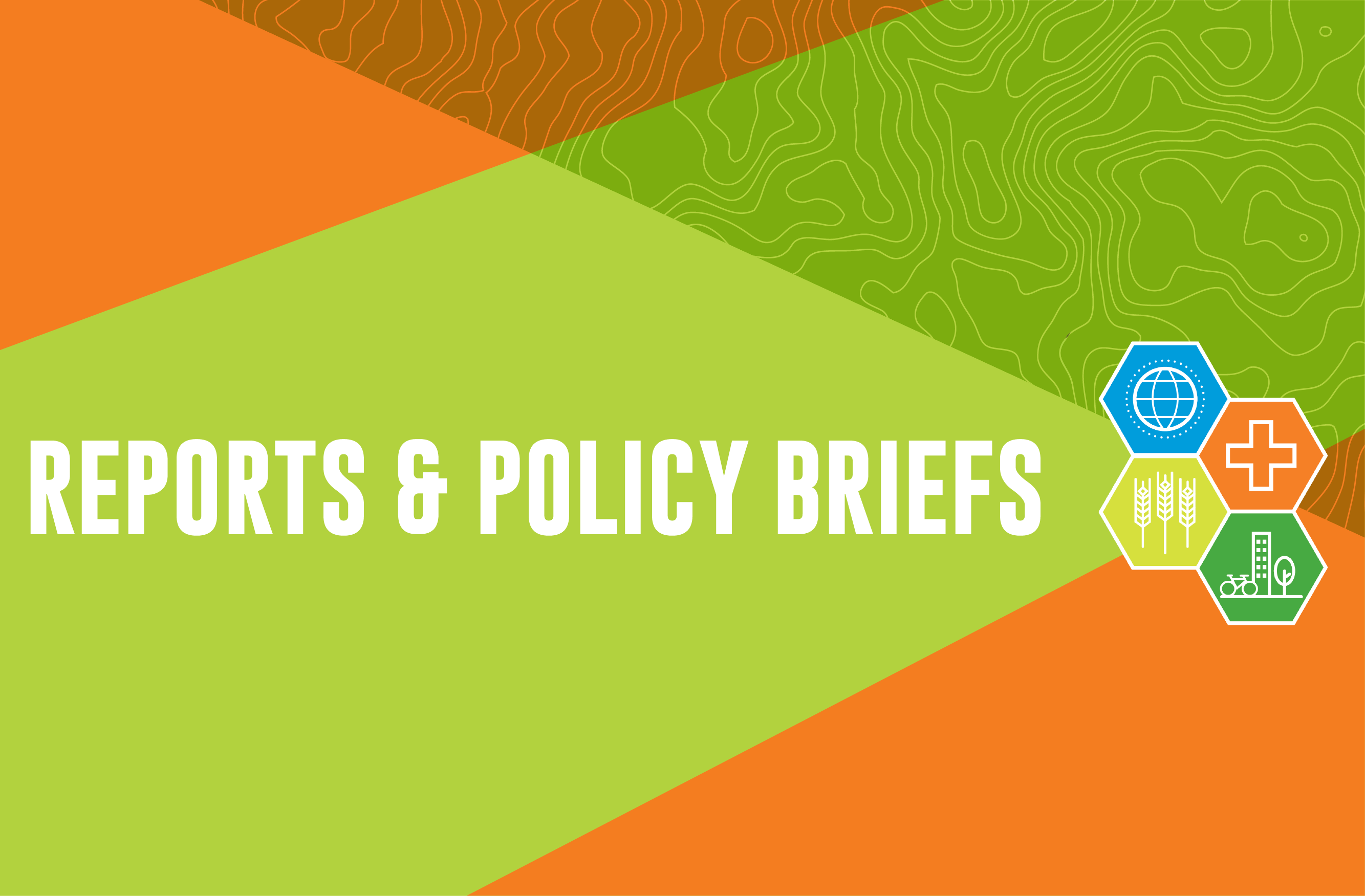Document Type
Report
Publication Date
5-2025
Abstract
Professionally-bred crops are dependent upon external inputs of fertilizers, pesticides, and irrigation, but less resistant to drought, pests, and nutrient deficiencies.
Although breeders depend upon landraces to introduce the genetic diversity needed to increase stress tolerance in commercial crop varieties, the traditional seed systems that produce landraces urgently need support. Our future food supply depends upon a diversity of crop varieties that can grow under a wide range of environmental conditions with minimal inputs.
Farmer-led traditional seed systems provide evosystem services that are essential for the security and diversity of the globe’s current and future seed supply. Agricultural evosystem services are the societal benefits derived from small-scale farmer seed saving. Small-scale farmers who save seeds and engage in farmer-to-farmer exchange provide critical evosystem services necessary to adapt food production to a rapidly changing climate.
Currently, seed saving is declining at an alarming rate due to inadequate policy support for traditional seed systems. Effective access, investment, and benefit-sharing mechanisms are essential to ensure that farmers can continue managing crops to adapt to environmental changes as well as provide sources for future formal seed systems.
Creative Commons License

This work is licensed under a Creative Commons Attribution-NonCommercial-Share Alike 4.0 International License.
Recommended Citation
Chen, Yolanda; Mastretta-Yanes, Alicia; Tobin, Daniel; Bellon, Mauricio; von Wettberg, Eric; Cibrian Jaramillo, Angelica; Monroy-Salis, Sofia; and Wegier, Ana, "Valuing Traditional Seed Systems: Farmer seed saving provides critical “evosystem services”" (2025). Reports and Policy Briefs. 6.
https://scholarworks.uvm.edu/gund-reports/6


